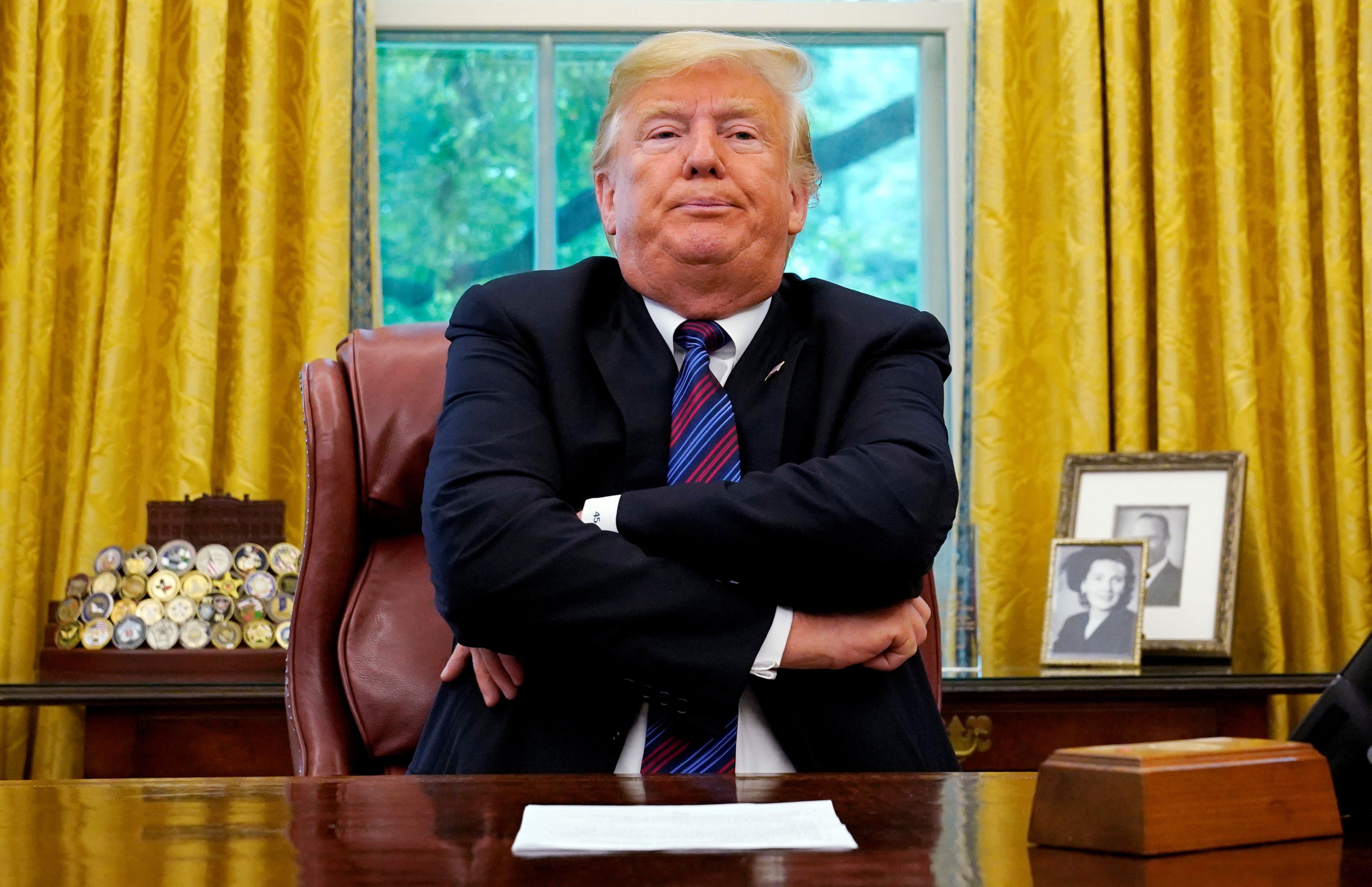After months of deadlock over the future of NAFTA, President Trump yesterday went on TV, patched in Mexican President Enrique Peña Nieto by speakerphone, and announced a breakthrough. The two sides have agreed to revisions that would concentrate more auto production in North America, boost minimum wage requirements for some automobile sector workers, and extend NAFTA for 16 years with a formal review after six. The agreement, Trump said, would be renamed as a US-Mexico pact.
So far so good, or… wait, what? Conspicuously absent from the press conference, and from the new agreement altogether, is Canada – the third party to NAFTA, and the US’ second largest trade partner. And that’s where things get tricky.
While Mexico seems to see the new agreement with Trump as a basis for Canadian inclusion in a final pact, Trump has suggested that if Canada doesn’t like what it sees, the US will go ahead with a US-Mexico bilateral agreement. The Mexican government is keen to get all of this done before leftist president-elect Andrés Manuel López Obrador takes office in December. The White House, for its part, plans to send notification of the new pact up to Capitol Hill as soon as this week to begin the clock on a 90-day notification period before final approval can take place, Canada or not.Canadian Prime Minister Justin Trudeau is now in a tough spot. On the one hand, he knows that exclusion from a deal could inflict huge economic pain on his country. On the other, he wants to make sure that any revisions to the deal preserve strong mechanisms for bringing trade cases against a tariff-happy US, maintain protections for Canada’s politically important dairy industry, and eliminate any mandatory expiration of the pact. What’s more, he wants to avoid the appearance of caving to Trump, whom most Canadians deeply dislike.
ForTrump, who relishes raising the stakes in order to force concessions, the optimal outcome is that Canada reluctantly climbs aboard the new pact, Congress approves it as an update to NAFTA (ideally renaming it something like the Tremendous and Recently Updated Manufacturing Pact Agreement), and the President sails towards 2020 with a nice feather in his cap.
One big risk for Trump, though, is that failure to get a deal with Canada forces him to withdraw from NAFTA in order to implement a new bilateral deal with Mexico. This could get legally and politically messy. First, there’s legal ambiguity about the process for removing the US from NAFTA, meaning a protracted and economically-damaging legal battle could arise. Second, Congress doesn’t want this: withdrawing from NAFTA is unpopular politically – more than two-thirds of Americans still support the deal, and while GOP voters narrowly oppose it, many GOP donors are in favor. Canada, of course, is the top trade partner for a majority of US states.
As he often loves to do, Trump is raising the stakes stratospherically high in order to try to pressure his opponents (if one can call Canada that) into concessions. But he is also taking a sizable political risk if things don’t work out. Keep an eye on Ottawa and on Capitol Hill in the coming days.
